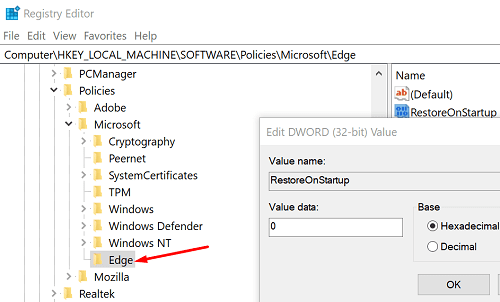


The point is that the user can be specific when it comes to the cookie policy, far less with the localStorage, which has none. Articles on their differences are abundant References: Brave, Reddit Heart, beta indeed but that shouldn’t count in the very way the search engine is conceived.Ĭookies and localStorage aren’t quite the same thing, but I understand what you mean. it didn't focus on local results even when I searched for products that were only available in my Country. However, the one issue which I faced with Brave Search was that most results seemed to be US based, i.e. There's room for improvement, but so far it has been impressive. The autocorrect for misspelled searches, snippets related to content, the currency converter, and the over quality of the results are good. But the results from Brave Search were better than the ones I usually get on DuckDuckGo. I wouldn't say it is as good as Google or even Microsoft Bing. I've been using Brave Search for about a month, primarily in Firefox, since I wanted to see how the search performs outside the company's product, aka the Brave browser. A security and privacy expert, or an audit might provide an impartial point of view on that. The promise of no tracking is good, but it remains to be seen how the search engine is in terms of privacy in real-life. That's not surprising considering you can now use the service without signing up for access, just like other search engines. Brave's team says that over 100,000 people signed up for the early access waitlist, and that the numbers have gone up since. While that seems good, the developers have mentioned that other functions such as reverse image search, shopping results are not a priority right now.īrave Search will be coming out of beta this year, though the team hasn't mentioned an ETA for it. The dictionary search feature which currently only shows definitions from Merriam-Webster, is also something that will be improved. Time zone queries and sports scores were among the most requested features by users, and Brave's team are working on these to be displayed on the results page. The representatives also said that privacy-protected search ads are on the to-do list. The company is focusing on improving the quality of the core search before diving into other options. When users asked if BAT would be added to the service, the engineers replied saying that Brave Search and Brave Ads are not being integrated at the moment. This seems to be tied to the Country setting that you have selected. Some users mentioned that the search engine is not delivering results in the language they chose, and instead displays them in English.

Brave is planning on adding more data centers in the future, to address the issue.

They clarified that this was due to how they handle the traffic, the search engine's data center is located in the US West Coast, and places further away have higher latencies. The developer team has confirmed that Brave Search has been slow, and that they have received complaints from European users. The company's transparency page which shows the stats of the platform will soon be updated to reflect search-related data. The search index is around 9 Billion pages as of now, which only comprises a part of the web, though it is expected to grow as more users perform queries and visit the websites. Brave doesn't rely completely on machine learning, and user-contribute sites help filter and deliver the best results. good quality sites visited by people (without tracking their usage). As to how the independent indexing works, a representative explained that Brave Search indexes the web based on real-life usage, i.e. If you can recall, Brave acquired the Tailcat search engine, to integrate it with Brave Search.


 0 kommentar(er)
0 kommentar(er)
